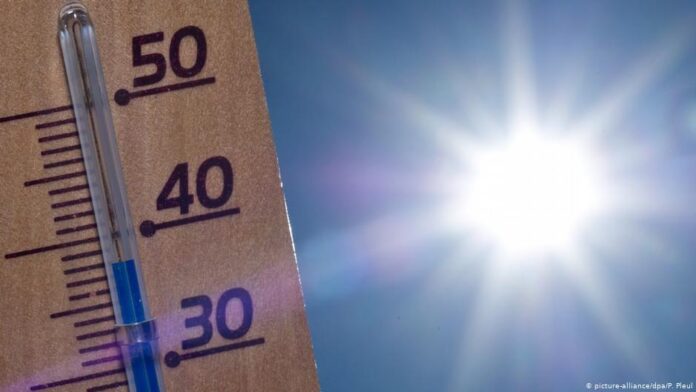SANTIAGO, Aug 3 (Reuters) – A winter heat wave bringing historically high temperatures to Chile is a «window» to an increasingly warm future, according to scientists.
Globally, July was already the hottest month on record and the first days of August brought a heat wave to parts of northern and central Chile, bringing springlike weather to the capital in the dead of the Southern Hemisphere winter.
«In a way, this is a window into the future, we are seeing conditions that are going to normalize,» said Martin Jacques, a climatologist and professor at Chile’s University of Concepcion. «What now seems very extreme could gradually become more and more normal in a few years.»
«Having temperatures of 37 degrees (99 degrees Fahrenheit) in the middle of southern winter is extraordinary,» said Raul Cordero, a climatologist at the University of Santiago. «It is a temperature anomaly of almost 15 degrees above typical values and unfortunately it is not a local problem, it is a global problem.»
Jacques said that while some of the temperature increase is expected during this time of the year due to atmospheric circulation, these extreme temperatures have been exacerbated by El Nino and an increasingly warming planet.
He added that while it’s often hard to establish a connection between extreme weather events and climate change, temperatures in parts of Chile have been breaking records year after year.
«It’s a pretty robust sign of warming,» Jacques said. «The connection between temperature and long-term climate change is much more evident.»
The winter season has been eventful in Chile, with the most intense rainstorms in decades leaving thousands homeless, isolated towns and blocked roads in the south-central area of the country.
Many hope the rains would help the replenish the country’s water reservoirs after more than a decade-long drought, but Jacques described the situation as «quite fragile» as long as snow in the Andes isn’t being replaced.
«Winter high-temperature events do affect the spring flow rate that can be expected from melt,» Jacques said.
According to the latest service reports, high temperatures in the north and center of the country will last all week. | Original publication from Reuters





